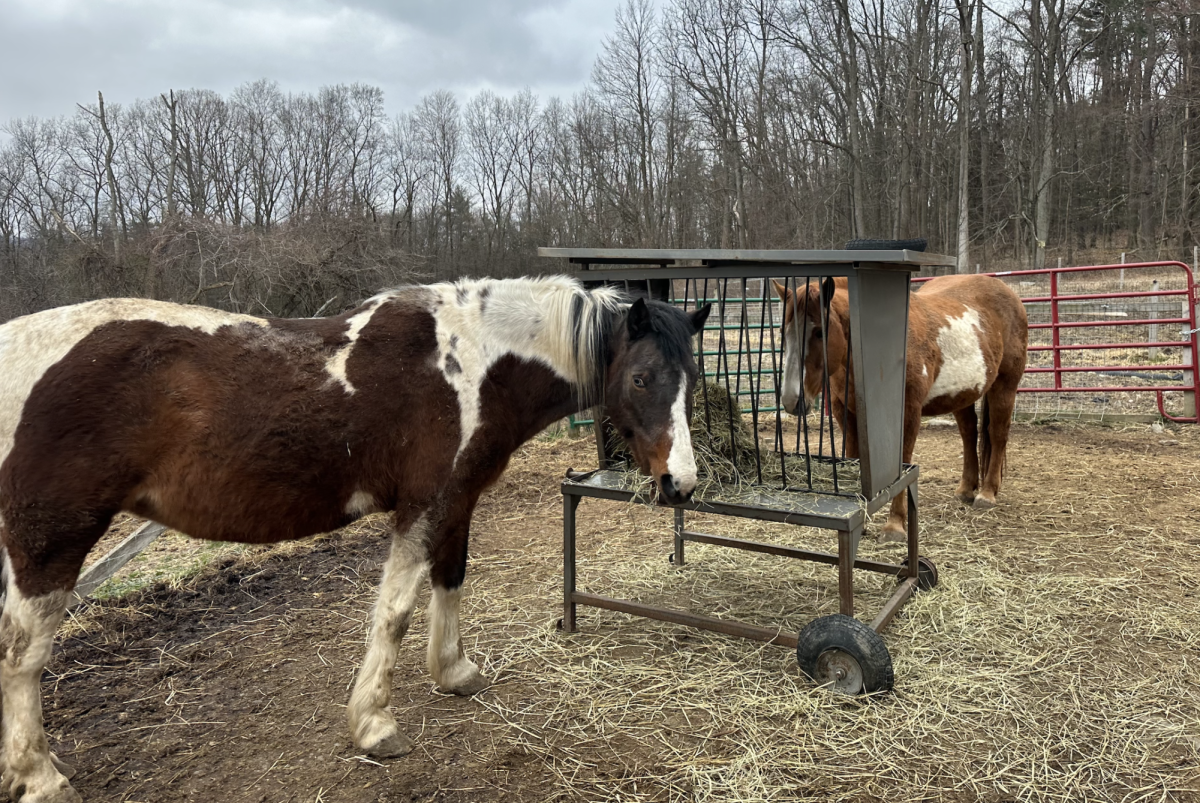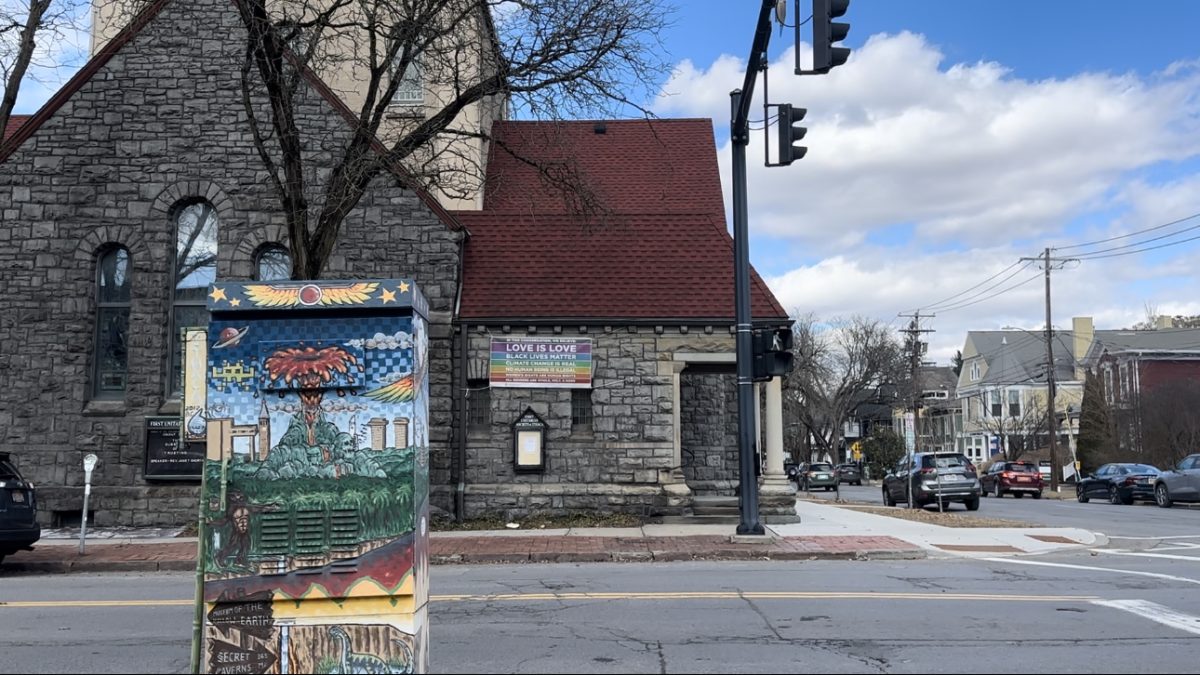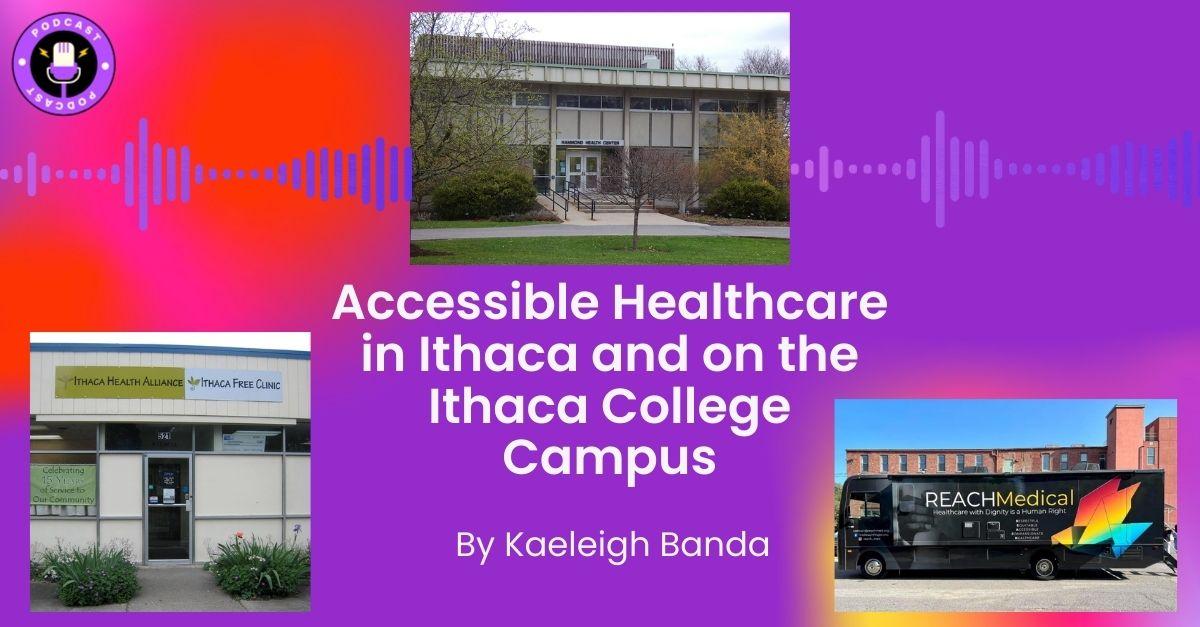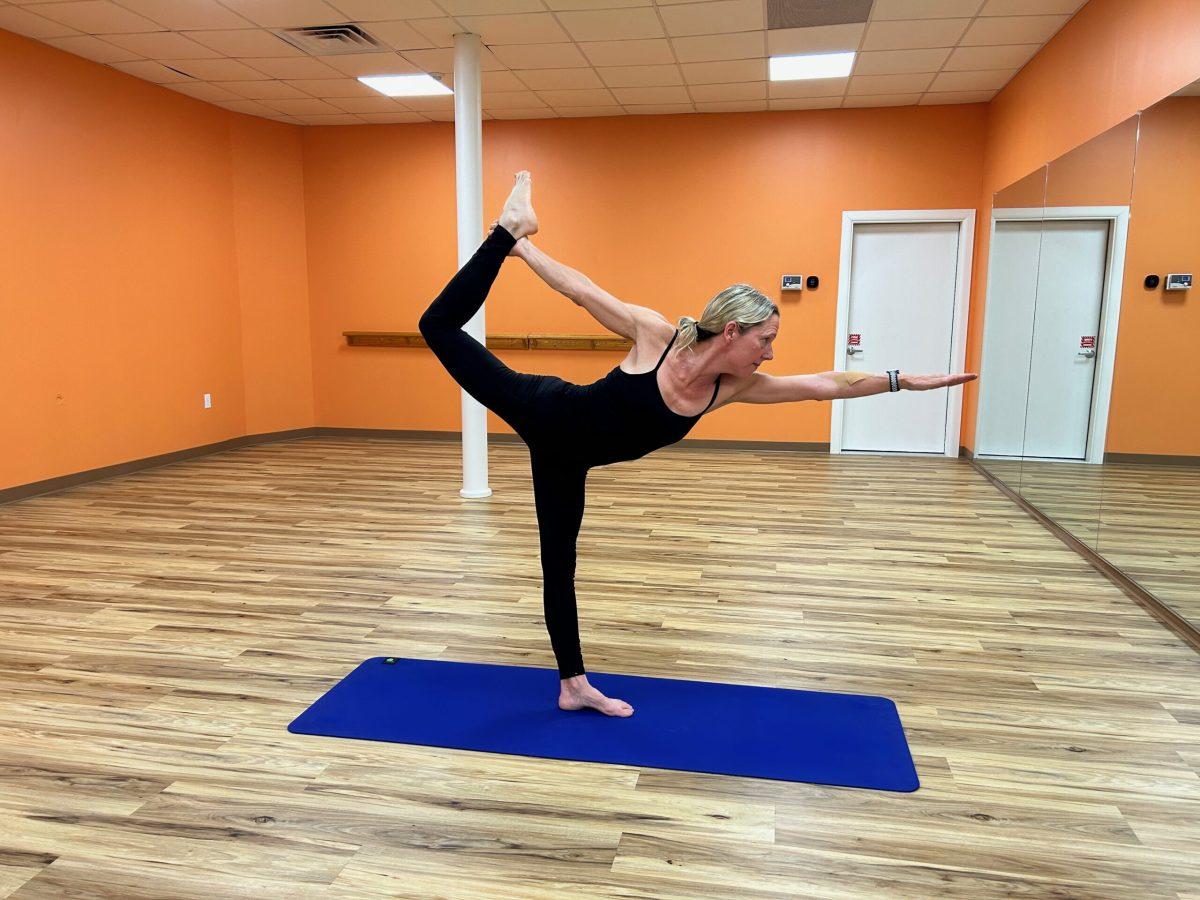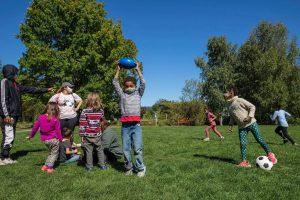
It takes a village to raise a child, especially amid a pandemic. While most youth organizations are struggling to remain open due to the economic impacts of the COVID-19 crisis, the Village at Ithaca has adapted its programming to continue assisting youths in the community.
The Village is a non-profit organization that advocates for equity in public education in local schools. In April, City of Ithaca Mayor Svante Myrick said that the city was facing a budget deficit ranging between $4 million and $13 million. He said that the Ithaca Youth Bureau and the Greater Ithaca Activities Center — two city-funded organizations that traditionally serve economically disadvantaged and under-served youth — would suffer from the largest reductions due to health regulations not allowing for regular programming.
“The most optimistic projection we have will make this the worst budget deficit the city has ever seen,” Myrick said in April.
Meryl Phipps, executive director of Village at Ithaca, said that the Village took this opportunity to respond to new community needs that arose due to the pandemic. The organization is grant-funded by local foundations, including the Park Foundation and the Community Foundation of Tompkins County, as well as private fundraising. The Village also receives funding from the county through the Human Services Coalition, although that source was cut due to the pandemic.
“The pandemic really has made us think about things in different ways,” Phipps said. “Because we are a small non-profit with a very small, creative and flexible staff, when COVID-19 hit we sort of paused, reached out to all of our families and we decided that we were going to reshape our programming to just meet whatever needs our families were identifying. We started doing things under the umbrella of advocacy that we’ve never done before.”
Some of the new services the Village started includes delivering food to local families and collecting clothes for kids whose families might not have been able to go shopping amid the pandemic. Additionally, in order to account for the hybrid teaching models local schools are adopting this semester, the Village is offering in-person and virtual tutoring, as well as a space for youths to take their classes if home is not a conducive learning environment. The Village also ran the Freedom Pod, an outdoor program at the Ithaca Children’s Garden, when the virtual semester began to provide full-time childcare for parents who were planning to send their children back to school.
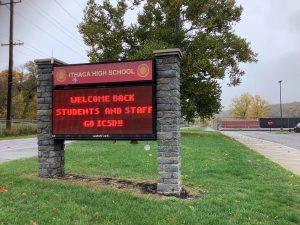
In August, the Ithaca City School District (ICSD) delayed its start date until Sept. 14 and moved all classes online until early October. Phipps said adapting to the changing schedule of the school district was difficult.
“It’s really tough,” she said. “I mean, it’s tough across the board. Everybody is doing the best they can, and no one is doing okay.”
Phipps said one of the most impactful new programs is the Village Emergency Fund, which helps pay for anything from internet access and technology for children participating in remote learning to other items that youths may need amid the pandemic. She said that all requests have been fulfilled since March, totaling to approximately $12,000.
Another prevalent gap for Ithaca youths this summer was a lack of employment. Because the Ithaca Youth Bureau had its funding cut and all staff were furloughed, no summer youth employment opportunities through the Youth Employment Service were offered. In response to this need, Phipps said that the Village was able to create its own summer youth employment program for approximately 15 interns.
“We encouraged each young person to identify their own skills and interests and how they felt they could be an asset to the Village,” Phipps said.
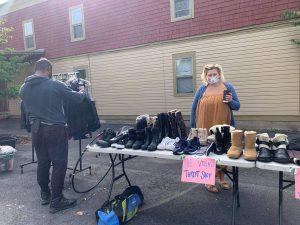
Summer youth employment programs have been shown to increase earnings for youths, decrease the probability of mortality and incarceration, and improve academic outcomes, according to research conducted by the National Bureau of Economic Research. Programs specifically for youths of color, like at the Village, also help close the employment gap. Research from the Urban Institute has shown that white youth are employed approximately 20 percentage points higher than youths of color.
One of the projects that came out of the internship was the Village Youth Market. After a large community response to the first market held on Labor Day, the interns decided to hold another market Oct. 12. The market featured handmade goods, including high school interns Autumn Niver and Myasia Talbot’s shea butter and resin earrings, respectively.
“[My favorite part is] the people here because it just feels like a second family,” Talbot said.
Phipps said the market raised approximately $600, which will go back to the Village in the form of stipends for the interns and to support programming. The interns are planning to hold another market in December, and goods can also be purchased from the Village’s Facebook page.
In addition to interning, Niver said her favorite part was working on the Stolen Joy Project, a social justice project based on stories of youths who have been oppressed in the school system. The ICSD is the largest school district in Tompkins County, with over 5,000 students. Black and African American students made up only 8% of the district’s enrollment in the 2018–19 academic year.
“On the one hand, this is a tight financial climate to be getting any kind of government funding,” Phipps said. “On the other hand, the work that we’ve been doing around educational equity and around supporting Black and brown children and families has been really getting sort of national attention with the renewed attention to the Black Lives Matter movement and to becoming and anti-racist. Because we’ve been here all along doing that work, we’ve had a little more exposure, which has given us some more opportunities to fundraise.”
Bree Albuja-Sandoval, an intern at the Village and a student at Ithaca High School, said she enjoys taking part in the Female Empowerment Group.
“We talk a lot about social injustice, and I like that a lot,” she said. “I like talking a lot about … being treated unfairly. We just talk about things that I think are so relevant and important to talk about, and I really enjoy participating in the girls group.”
Albuja-Sandoval said that the Village has provided her with a community amid the pandemic.
“I love the Village so much, beyond all words that can come out of my mouth,” Albuja-Sandoval said. “I love everything that Meryl is doing. She has helped me and my family so much. I love what she does in the community.”

